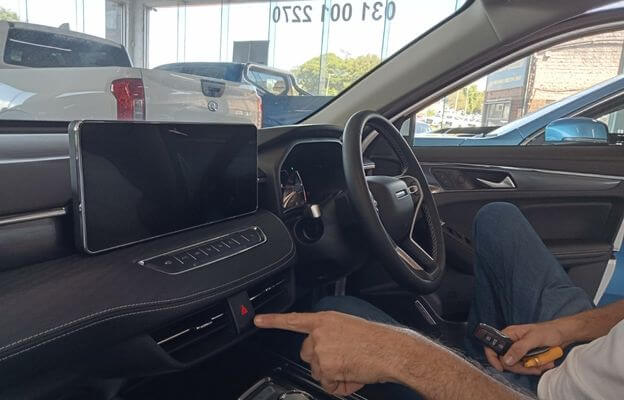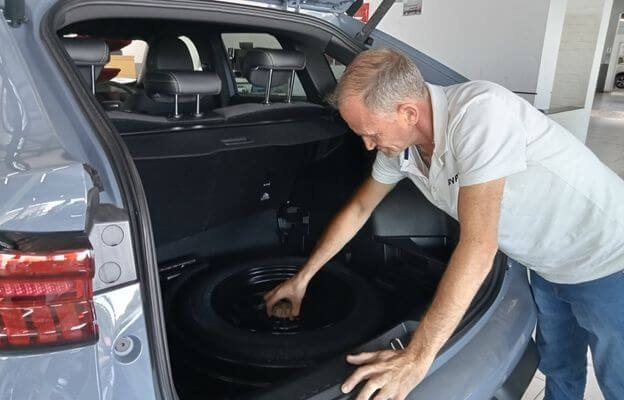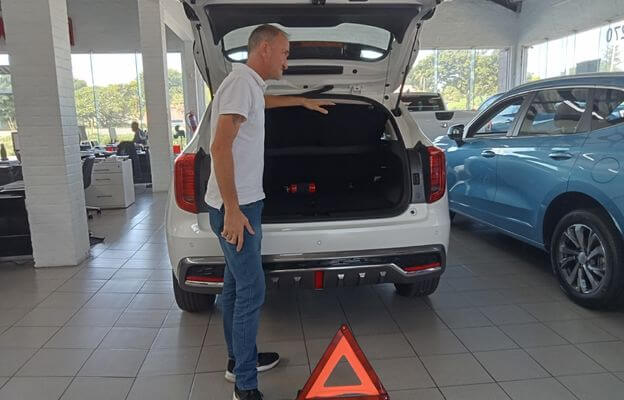A spot check for all your warning lights should be compulsory for every motorist. Here is why you should focus on warning lights.

What do car dashboard lights mean?
The dashboard lights are a primary signal of vehicle performance and a warning sign if there is a malfunction with your engine.
Different lights will pick up individual problems in your vehicle, so it’s vital to take heed of a dashboard light and do repairs before it becomes an expensive (or dangerous) problem.
Standard warning lights you should know
Here are some regular dashboard warning lights and problems that CMH Haval Pinetown came across:
Engine light
The check engine light turns on if your car is experiencing engine problems. Engine problems can identify by high engine temperature (overheated engine) or even a catalytic converter problem and fault wires. Engine issues can cause costly and irreparable damage if not addressed on time.

Brake light
The braking system will indicate when there is a problem, and the brake light will appear. Sometimes it can signal that your emergency brake is still up while driving. It is vital to check your brake pads if this light or your automatic braking system (ABS) as failure can cause crucial problems.
Oil pressure
Your car’s oil pressure warning light will turn off when there are fewer oil levels, low pressure or if your oil levels are too heated. Oil helps with engine grease, and not continuing and checking your oil levels can lead to significant engine damage. If your light reflects on, it is time for an immediate oil change.
How to fix daily issues related to dashboard warning lights
There are a lot more warnings that your car system will give you when something goes wrong.

The appropriate way to tackle problems is to have maintenance and repair work done to prevent damage. The experts at CMH Haval Pinetown workshop can help you with maintenance and repair for any issue that your car experiences in its lifetime.
Contact us or stop by today!